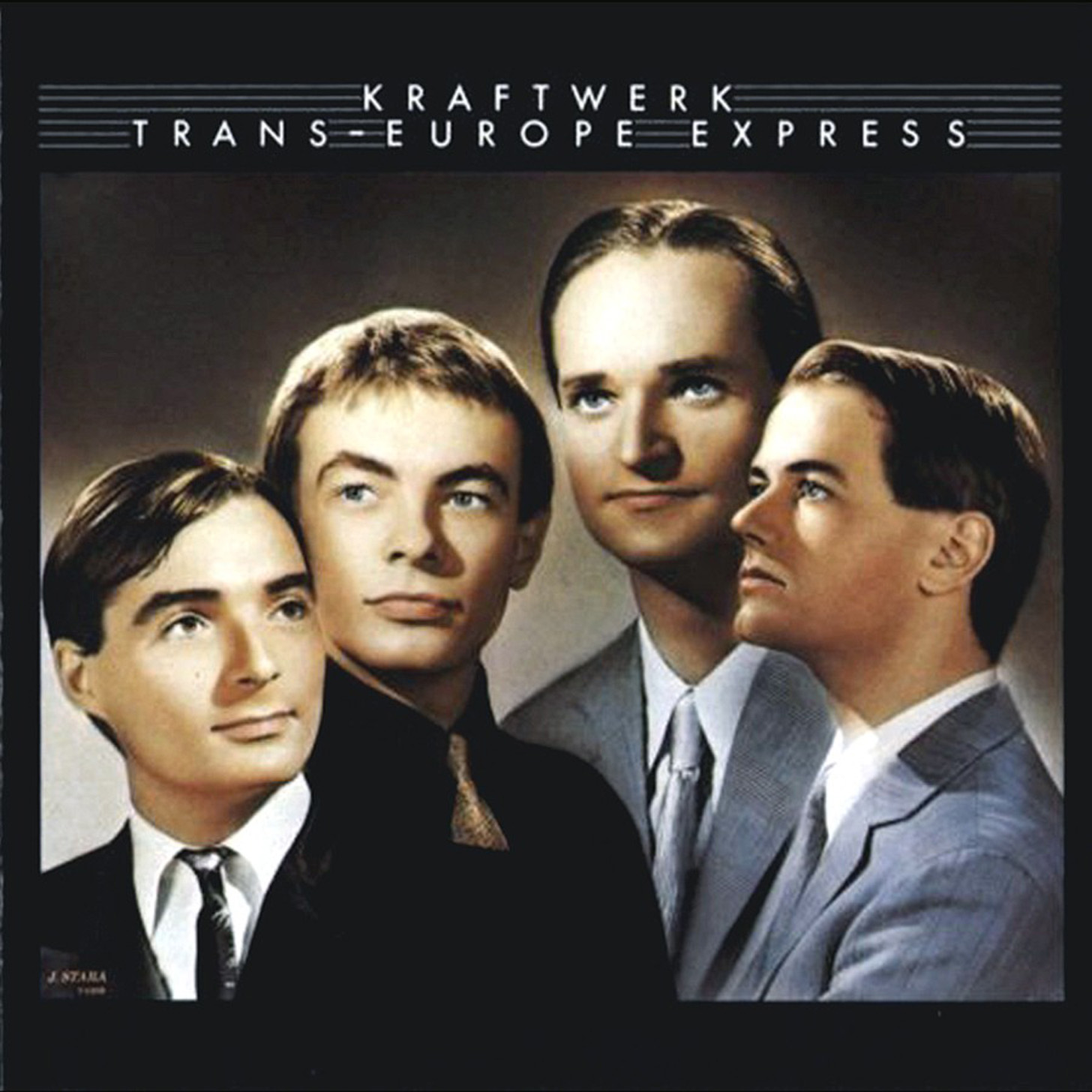In a case that has lasted 22 years, The European Court of Justice ruled that musicians cannot “sample” other artists’ records without permission.
The case was brought forth by German electronic music pioneers Kraftwerk against hip hop artist Moses Pelham who sampled 2 seconds of Kraftwerk’s 1977 single “Metall auf Metall” for the track “Nur mir” he produced for vocalist Sabrina Setlur in 1997.
Kraftwerk’s Ralf Hütter and Florian Schneider-Esleben are credited as the producers of “Metall auf Metall” which is also featured on their 1977 album Trans-Europe Express.
The sample in question is short drum sequence looped repeatedly in Setlur’s song, arguably less substantial than the full backing track Vanilla Ice lifted from the Freddie Mercury and Bowie duet “Under Pressure”.
Initially, In 2012 Germany’s Federal Court of Justice had ruled the track “Nur Mir” should no longer be promoted, agreeing with Kraftwerk’s Hutter that it amounted to copyright infringement.
However, in 2016, the case was bumped to the German Constitutional court, the highest court in the land, which had decided the impact on Kraftwerk’s copyright did not outweigh the “artistic freedom” to sample.
But things did not end there, and the case was brought to the European Court of Justice in Luxembourg on appeal.
The court’s statement is as follows:
“Phonogram producers have the exclusive right to authorise or prohibit reproduction in whole or in part of their phonograms. Consequently, the reproduction by a user of a sound sample, even if very short, taken from a phonogram must, in principle, be regarded as a reproduction ‘in part’ of that phonogram so that such a reproduction falls within the exclusive right granted to the phonogram producer”.
Florian Drücke, chairman of German musician’s union BVMI, said the ECJ “has made it clear that a phonogram manufacturer is allowed to allow or prohibit the duplication of his phonogram and under certain conditions very short audio sequences against the use of third parties”.
But he added that the court had also created “criteria as to when sampling falls within the scope of artistic freedom”.
“The interpretation of the new criteria of the ECJ will be up for discussion,” he concluded.
In the end, The ECJ ruled in favor of Kraftwerk’s suit, stating that permission was needed to be obtained to sample another musician’s song. Even if the clip used is very short. However, if the sample is modified in “a form unrecognizable to the ear” the music producer’s rights would not be violated.
Specifically, the court stated:
“Where a user, in exercising the freedom of the arts, takes a sound sample from a phonogram in order to embody it, in a modified form unrecognisable to the ear in another phonogram, that is not a ‘reproduction’”
What this means to what the definition of a sample now is, and to what extent samples will be modified in music production to avoid copyright remains to be seen.















 Or via:
Or via: